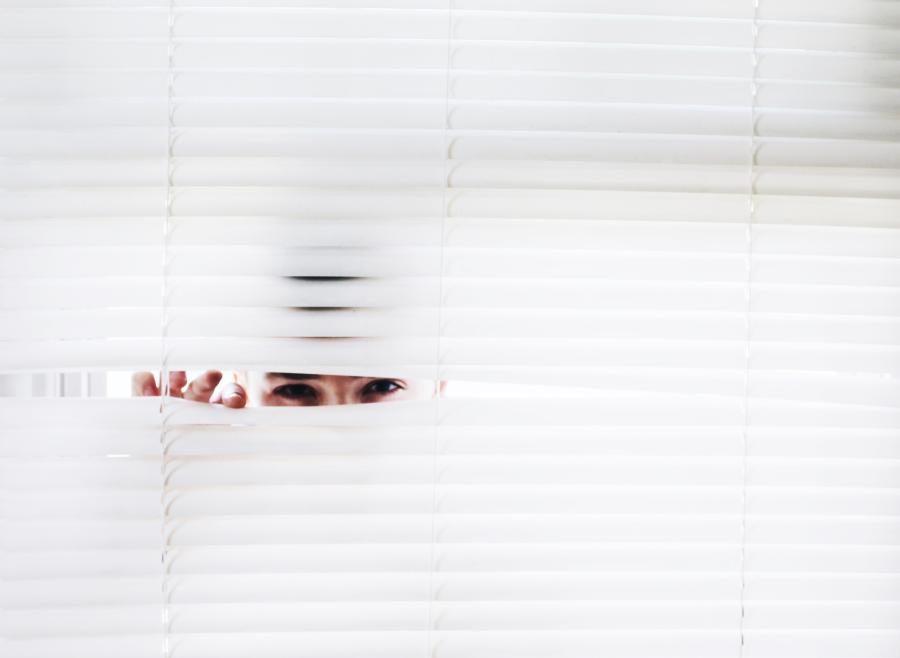Breaking the Silence: Overcoming COVID-19 Disclosure Stigma for the Greater Good
Stop me if you’ve heard this one before: you have a family reunion planned, you’ve made all your travel plans, and you’re excited to see everyone. Then, three days before you plan to leave you start feeling sick. You take a COVID-19 test and it’s positive! You can’t believe your eyes. You’ve worked too hard to plan this trip! You don’t want to cancel it and leave your family frustrated and vacationless. You also don’t want to get your family sick though, so what do you do? Do you tell them you have COVID and cancel the trip or do you pretend you just didn’t see anything and say it’s your allergies acting up?
If you’ve been in a situation similar this one above, you’re definitely not alone. The COVID-19 pandemic has disrupted our cherished family connections, friendships, and social lives. After a certain point, people became tired of having to forgo seeing their loved ones. Thankfully, right now the surges of COVID-19 have eased and restrictions have been loosened for several months. But before this point, when any chance to see family and friends was a precious opportunity, many people covered up their COVID cases to avoid quarantine or isolation. People may have been embarrassed to share that they had COVID out of fear that people would judge them. These are all natural reactions to a difficult time, but they have important consequences for the spread of the virus. The study for this week’s article focuses on COVID-19 disclosure stigma, which is the fear of telling other people that you have COVID-19 (1). Scientists are studying COVID-19 disclosure stigma to understand how to make it easier for people to share their test results. Sharing test results helps to slow the spread of disease, be it COVID-19 or any other contagious disease.
In this study the researchers asked people if they were ever uncomfortable sharing the results of a positive COVID-19 test with others. The survey also asked participants if they would get tested for COVID-19 in the event that they started showing symptoms. The researchers got answers from participants on four different dates between November 2020 and November 2021.
The survey revealed a few interesting things about peoples' comfort with sharing that they have COVID-19. First, people who were less comfortable with telling others that they have COVID-19 were also more likely to avoid COVID-19 tests. The researchers concluded that these people avoided getting tested to hide the fact that they had COVID-19. The participants also became more comfortable with sharing their test results over time. The researchers suggest that people may have gotten more comfortable sharing because the COVID-19 vaccines came out or because they saw more people who got the virus already. Participants were also more comfortable telling their family that they had COVID-19 than they were telling others.
Overall, this research shows that people often worry about telling others that they have COVID-19. While this is understandable, it makes it more difficult to control the virus. When people get tested for COVID-19 and let others know when they have it, this prevents them from spreading it to their loved ones. So above all, letting people you come into contact with know that you have COVID-19 is a good thing - it shows them that you care about their safety. Of course, it is always a personal choice whether you want to share that you have COVID or not. If you are unsure who you should tell when you have COVID, ask your doctor for advice.
Sources
- Dayton, L., Song, W., Kaloustian, I., Eschliman, E. L., Strickland, J. C., & Latkin, C. (2022). A longitudinal study of COVID-19 disclosure stigma and COVID-19 testing hesitancy in the United States. Public Health, 212, 14-21.

